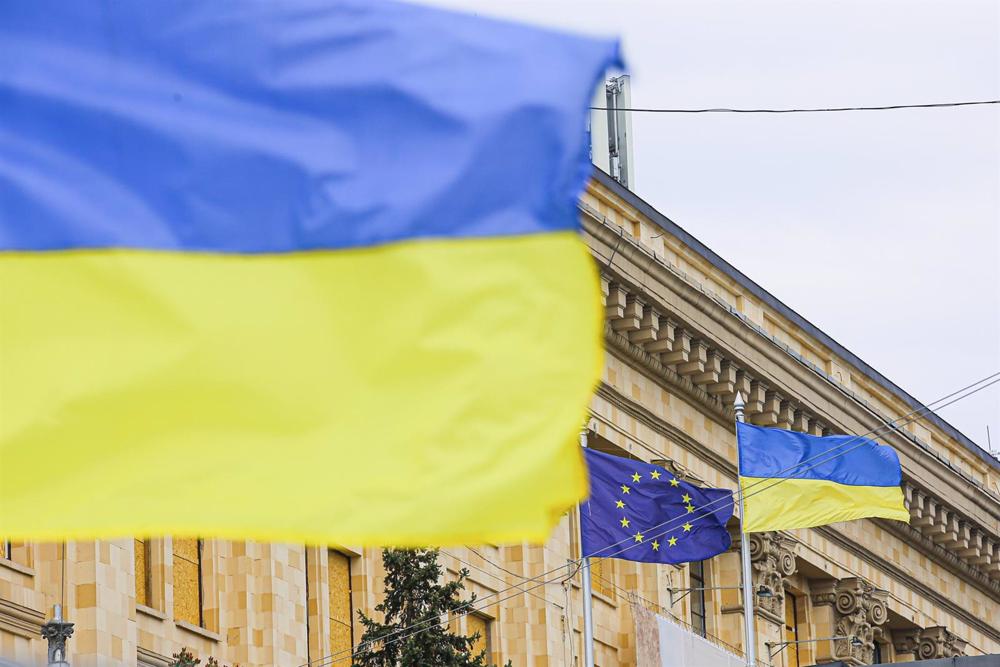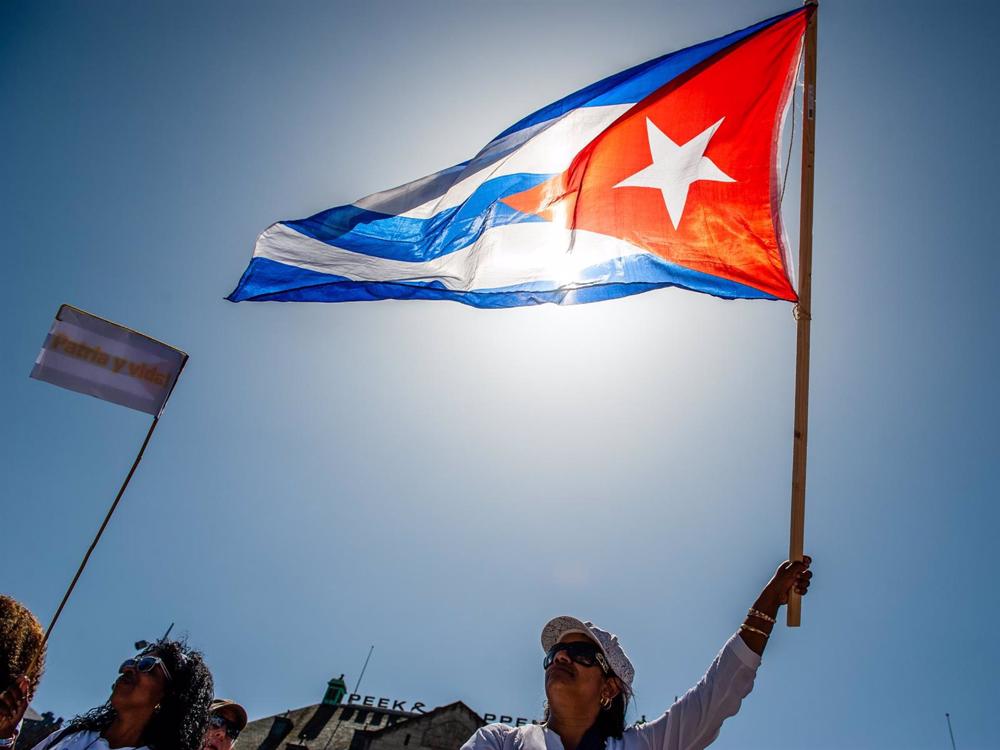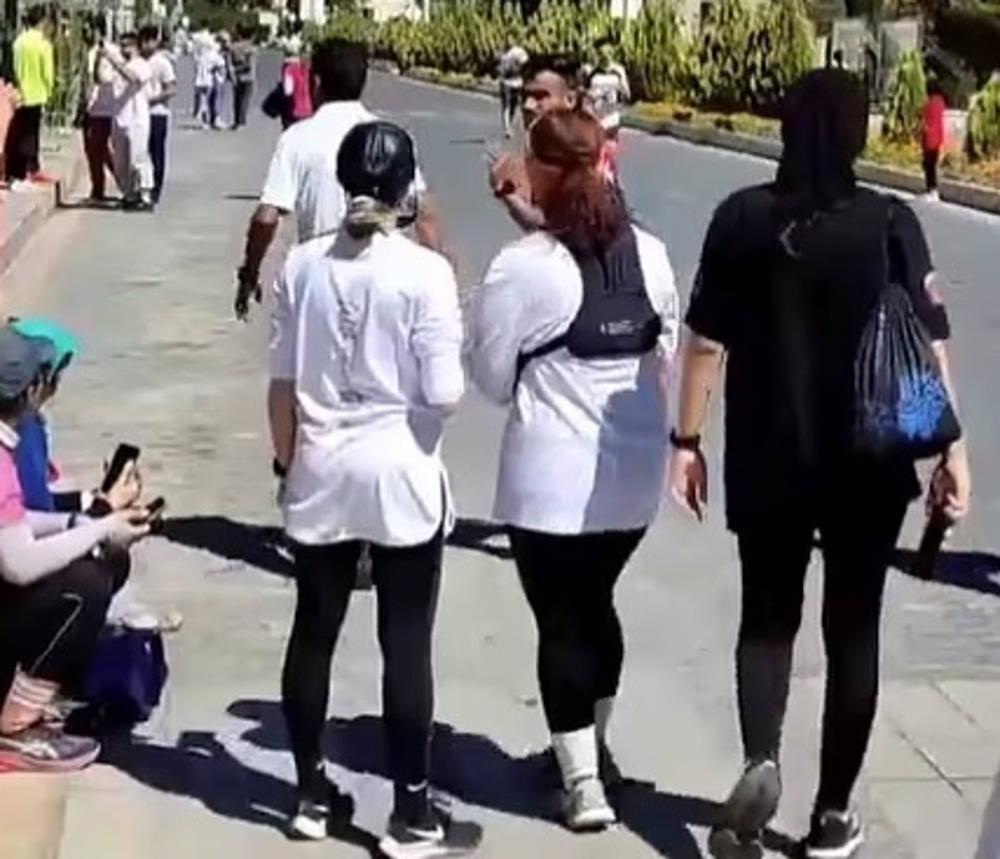
The European Union on Friday formalized a new six-month extension, until July 31, 2023, of the economic sanctions it imposes on Russia for its «destabilizing actions» against Ukraine, measures that have been in place since the 2014 invasion of Crimea but have been «significantly extended» in the wake of the «unjustified» war the Kremlin launched a year ago against Ukraine.
Thus, the EU completed this economic package with sectoral measures, including restrictions on trade, finance, technology, industry, transport or luxury goods.
Later sanctions included, for example, a veto on imports or transport of Russian oil to the EU, the disconnection of a dozen Russian banks from the Swift international transfer system and the withdrawal of licenses from several media outlets considered to be Moscow’s propaganda tools.
In addition to economic sanctions, the EU has implemented other sanctions such as restrictions on economic relations with the «illegally annexed» territories of Crimea and the city of Sevastopol, as well as the non-government-controlled areas of Donetsk and Lugansk.
It also has a list of individuals sanctioned for their support of Russian aggression, which entails freezing their assets in the EU and a ban on travel to EU territory, as well as diplomatic measures.
Source: (EUROPA PRESS)






